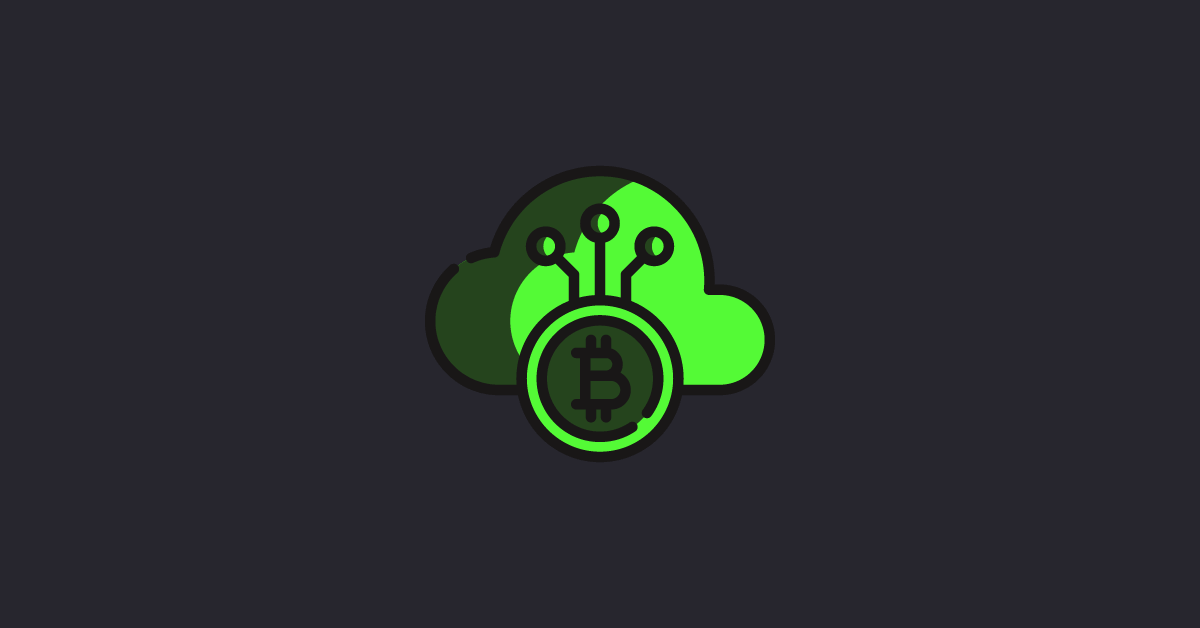


Difference Between Centralized vs Decentralized Cryptocurrency
- By Kriss
- Published on: September 22, 2021
In this blog, we’ll compare and contrast centralized and decentralized cryptocurrency exchanges to see which is the superior option. To be sure you don’t have any doubts, we’ll go over the significant distinctions between these two sorts.
You’ll need to use a cryptocurrency exchange to trade cryptocurrencies. However, did you know that there are two types of cryptocurrency exchanges? They are centralized and decentralized currencies, respectively.
What is a cryptocurrency exchange, and how does it work?
Before we go into the debate about centralized vs. decentralized cryptocurrency exchanges, let’s define what a cryptocurrency exchange is.
They are locations where you can buy or sell cryptocurrency. Each cryptocurrency exchange has its own set of laws and regulations, but they all give you access to the most widely used cryptocurrencies.
There are mainly two kinds exchanges:
- Centralized
- Decentralized
Centralized cryptocurrency exchange
A centralized cryptocurrency exchange is a platform where digital assets may be bought and sold. In this case, you must rely on a third party to oversee the transaction and protect the assets on behalf of the buyer and seller. Their transactions aren’t recorded on the blockchain. You must offer your personal details for verification in such exchanges. If you’re a company, on the other hand, you’ll need to provide the exchange with your corporate information so it can verify your account.
Your withdrawal quota will increase as you supply more information to these exchanges. In the event of a technical fault or if they forget their password, verified users of these platforms can contact the exchange’s support team.
In most situations, centralized crypto exchanges offer flat pairings at constant pricing to its customers. These platforms are commonly used by cryptocurrency users, and you can easily find one of them online. Binance, Coinbase, Gemini, and other centralized cryptocurrency exchanges are examples.
Decentralized cryptocurrency exchange
A DEx, or decentralized cryptocurrency exchange, is comparable to a centralized cryptocurrency exchange in that it does not rely on a third party. The funds in this transaction are all stored on the blockchain.
Unlike the IOU-based mechanism used by a centralized crypto exchange, these platforms allow peer-to-peer (P2P) trading using assets, proxy tokens, or an escrow system.
How does a decentralized cryptocurrency exchange work?
In a DEx, the client (you) brings his or her cryptocurrency to the gate, which then stores it and replaces it with proxy tokens. The client can now use these tokens on the exchange’s blockchain. These tokens are collateralized by the real cryptocurrency available at the gates.
You can request to exchange your current tokens for a different type of token. The exchange’s blockchain, which is the first highlight of these sites, stores your order, its matching procedure, and all subsequent processes. You can convert tokens into real cryptocurrency when you get them as part of a transaction.
Centralized vs Decentralized exchanges
Centralized Crypto Exchange | Decentralized Crypto Exchange | |
| Control | The platform has the most control | User has the most control |
| Security | Risk of hackers | No chance of hacking or other dangers |
| Popularity | Highly popular | Not very popular |
| Fees | Charges fees for using the platform | Charges zero or very minimal fees |
| Features | Provides a variety of features | Very few features |
| Regulation | Easy to regulate, requires license from authorities | Complicated to regulate, does not require a license |
| Liquidity | High liquidity | Low liquidity |
| Speed | Executes transaction in milliseconds | Transactions may take minutes to execute |
To help you comprehend the differences between these two exchanges, here’s a breakdown of the differences:
1. Control
In a centralized crypto exchange, the third party that manages the exchange retains the majority of authority over your account. On the other hand, with a decentralized exchange, you retain complete control over your account.
Another important reason why decentralized exchanges are gaining popularity is because of this. However, it is equally to blame for the increased complexity of such platforms.
2. Security
Compared to centralized exchanges, decentralized exchanges provide higher security. Trading on centralized crypto exchanges carries a significant danger of being hacked. They could hack a third party that uses private keys to gain access to all of the users’ funds, and you might lose your entire deposit.
Several similar breaches have occurred in the past, and centralized exchanges have worked hard to improve their security for their customers. There is no possibility of a decentralized exchange being hacked and losing funds as a result of such acts.
Decentralized platforms are more safe since several users cannot lose their funds due to a single cause unless it is linked to the DEx gates.
To address the security issue, several centralized exchanges have begun to give consumers decentralized accounts.
3. Popularity
Because they were the first to enter the market, centralized crypto exchanges are currently more popular than decentralized ones. Despite the fact that decentralized exchanges have distinct benefits over their centralized counterparts in terms of wallets and accounts, they have a long way to go in terms of popularity. Because centralized exchanges have stronger infrastructure and liquidity, this is the case.
However, the popularity of decentralized exchanges will skyrocket as more enter the market. Many businesses, such as Binance’s decentralized exchange, are focusing on launching DExes in the market.
4. Fees
Users of centralized systems are charged for their services. These fees differ from one provider to the next, depending on the features they offer. For matching orders on the blockchain, decentralized exchanges charge either nothing or very little.
5. Features
Centralized crypto exchanges have an advantage over decentralized ones in terms of functionalities. To improve your trading, you can employ margin trading, portfolio management tools, and several sophisticated order kinds.
Customers of decentralized crypto exchanges have access to a limited number of order types and do not have access to margin trading (or equivalent services). Perhaps better functionality will be available as more complex decentralized platforms enter the market.
6. Regulation
Centralized exchanges are easier to govern than decentralized exchanges. Centralized platforms require licenses and must follow the regulations of their region’s local regulatory authority.
Decentralized exchanges, unlike centralized exchanges, are not regulated because it is extremely difficult to do so due to its distributed blockchain. This means that even if a government prohibits the operation of centralized crypto exchanges, decentralized exchanges can continue to operate in certain areas.
7. Liquidity
Because different users place specific orders based on market patterns, centralized bitcoin exchanges have higher liquidity. As a result, if an asset is in high demand, it will be purchased or sold by a variety of users. It also features market makers that provide additional liquidity to the marketplace.
Because order matching takes time, decentralized systems do not have as much liquidity as centralized platforms. Another important factor is their lack of popularity.
8. Speed
Platforms that are decentralized are slower than those that are centralized. According to research, centralized crypto exchanges execute orders on an average of 10 milliseconds, whereas a decentralized exchange takes at least 15 seconds to match and fill an order. Furthermore, in comparison to its centralized counterpart, a decentralized exchange can take up to one minute to process an order, which is a significant amount of time.
Learn more about cryptocurrencies and blockchain
The discussion over centralized vs. decentralized bitcoin exchanges is a hot topic. We hope that this essay has provided you with a better grasp of the subject.
If you want to work in the blockchain industry, you need to educate yourself on the subject. On our blog, you can learn more about blockchain and cryptocurrencies.
- Share via

Kiara Sofia Smith
My current focus is blockchain technology and cryptocurrency. One could even call me a blockchain “enthusiast.” I have worked for almost a decade on several financial projects related to the stock market news, fundamental research and technical analysis for several blogs.
Recent Posts


What You Should Know About These Three Types of Transaction Fees With Cryptocurrency?




